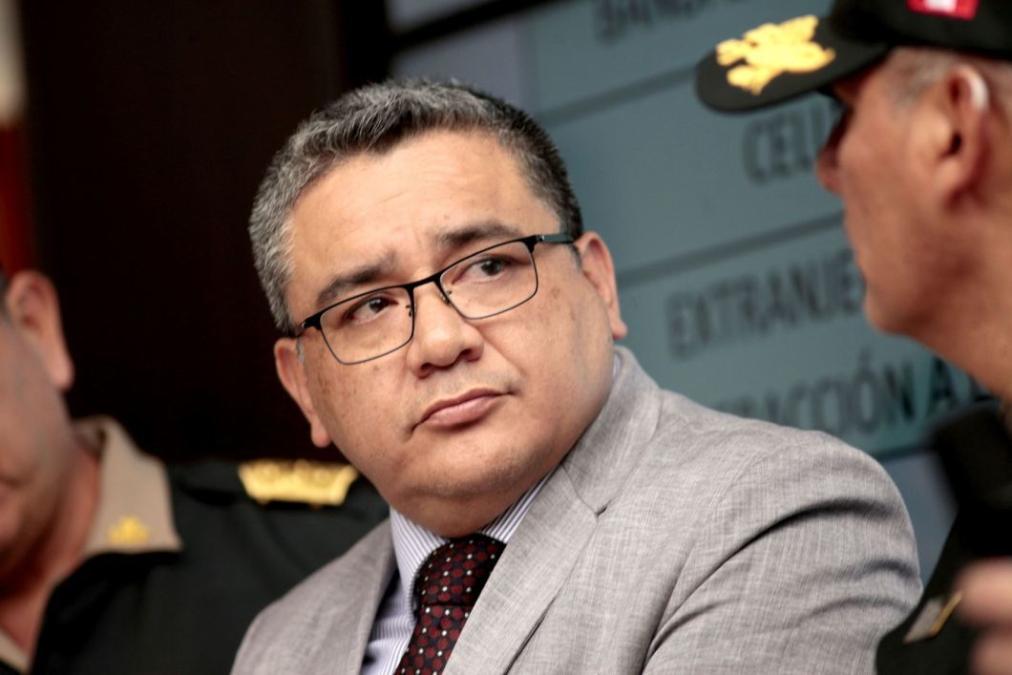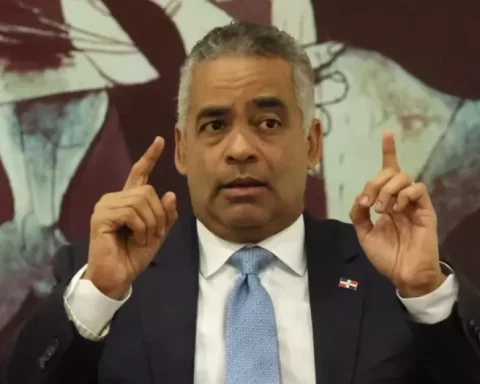In fact, through these new routes of communication, the idea that institutions must be available to all people, in an accessible and understandable way, so that they can assert their rights and resolve conflicts efficiently.
For its part, the Federal Constitution recognizes the human rights that every individual must have within the Mexican territory, from which the right of petition, contemplated in article 8, which must be understood as the request that anyone can make to the authority on any subject or topic, provided that it is formulated in writing, in a peaceful and respectful manner, to which an answer must fall.
This right, generally, was expected as a close form of communication between the person and the authority, but when contemplating the formal requirement that, it was in writing, it made communication not be carried out fluently as it was intended to achieve.
However, given the overwhelming arrival of social networks, the authorities have had to turn them into a source of information for all and, therefore, that many government institutions and public servants believe accounts in networks, to use them as a new communication channel with society imposing as an obligation, the accessibility of these for their interaction, so that people can express their concerns and receive adequate answers.
That is so, because this season, before the various technological mechanisms, it is required that the proximity of authority with society be direct and accessible, providing certainty, security and speed to people, which becomes key to fostering confidence, mutual respect and cooperation between them; However, the speed of technological changes has not allowed precise legal regulation on the use of these between society and the authorities.
However, the Supreme Court of Justice of the Nation, analyzed an issue related to the Twitter social network (now X) and carried out an interpretation of the constitutional article, in the light of the principle of progressivity referred to in numeral 1 of the Federal Constitution, concluding that if an institutionally enabled authority enables the use of the networks to capture requests of individuals and, where appropriate, to issue an answer, maximize in their favor, maximize the exercise, of the right of petition.
He also said that written requests formulated to an authority from the aforementioned network find protection in that constitutional numeral, when there is confirmation that: the respective authority is the holder of the account; The use of the social network as part of the exercise of its official actions; There are indications that the use that the authority gives to the platform is to capture and, where appropriate, respond requests, among other purposes and what is extended by the individual implies a genuine request and not just a comment or opinion.

















